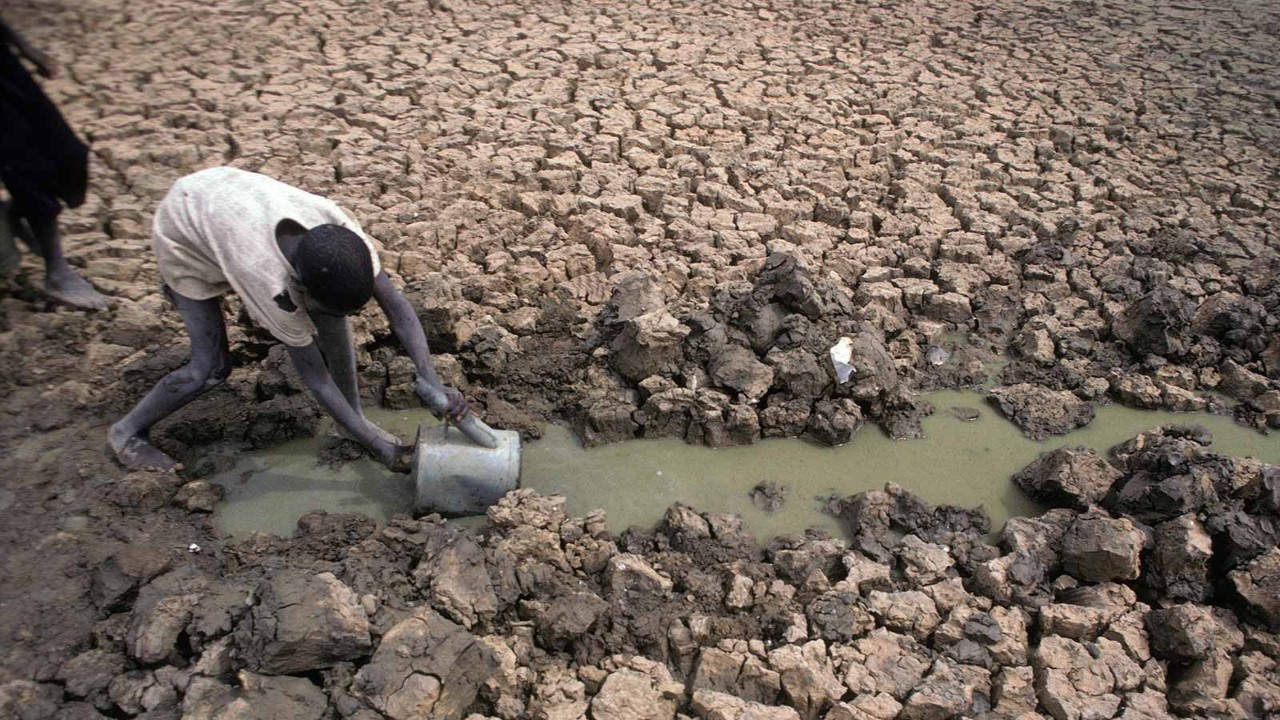
It’s that time again when the world gathers to discuss the effects of human activity on our dear old planet. The United Nations Climate Change Conference 2022 (COP27), which takes place in November in the beautiful Egyptian resort town of Sharm El Sheikh, comes at a time when governments around the world may, understandably, be distracted from the commitments made last year. But the situation in Africa is as pressing as ever.
Consider this sobering statistic: Lake Chad has shrunk by 90% since the 1960s, leading to the loss of livelihood for millions of farmers and herders, and to deadly conflicts as people fight for a share of what is left.
Locating the conference in Sharm El Sheikh is an opportunity to focus attention. If participants find time to go snorkelling or scuba diving, the coral reefs in the Red Sea will help bring home the need for committed environmental action.
Even though Africa contributes the least to environmental change, it suffers the greatest consequences, from biodiversity loss and the extreme effects of climate change to poverty, disease and death.
This knowledge should help shape the agenda at COP27. The countries of the Global North must acknowledge that, as they earn hundreds of billions of dollars through harmful production practices, they impoverish millions of Africans who benefit little or not at all from that process.

The world cannot continue to pay lip service to issues of climate change
Right the wrongs
This conference is an opportunity to think through how to right these wrongs. Photo opportunities and impassioned speeches are not enough; world leaders must arrive open minded and committed to signing concrete agreements that will lead to solid change.
African leaders must be ready to fight their corner, too. As the industrialised nations continue to damage our planet, the continent’s forests – the earth’s lungs – play a vital part in converting huge amounts of carbon dioxide into oxygen. Africa must therefore demand more compensation from the world’s greatest polluters.
The world cannot continue to pay lip service to issues of climate change. Polluters must support cleaners to ensure that the adverse effects of human activity are minimised.
More information
Join ACCA’s annual virtual conference, Accounting for the Future, to learn about the role of accountants in achieving sustainability and other trends affecting the profession, while earning up to more than 15 CPD units

